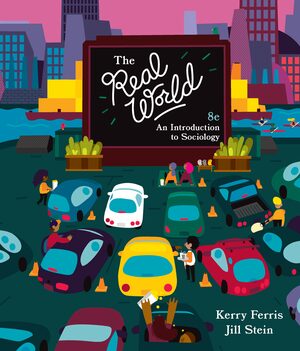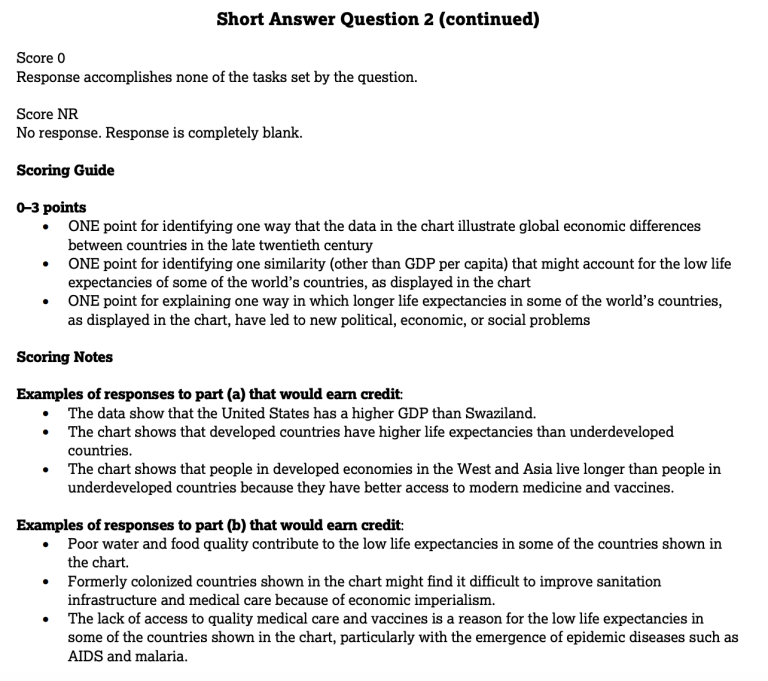The Real World: An Introduction To Sociology
The Real World: An Introduction To Sociology is an introductory textbook for students of sociology. It introduces readers to the various theories, concepts, and methods used in the study of society and social life. It covers topics such as culture, social structure, social change, and social groups, and how these topics are studied and understood by sociologists. The book also includes examples and case studies from contemporary society to illustrate key points and illustrate how sociology can be applied in the real world. It is a comprehensive introduction to the field for students looking to gain an understanding of the fundamentals of sociology.
What is Sociology?
Sociology is a fascinating field of study that focuses on the study of human behavior and social interaction. It is an interdisciplinary field that draws from psychology, economics, anthropology, history, and other social sciences. It is the study of the structure, dynamics, and patterns of social life, and how people interact with one another in different cultural and social contexts. Sociologists are interested in understanding the causes and consequences of social change, and the development of social norms and values. They study a wide range of topics related to the social world, including race and ethnicity, gender and sexuality, family and social networks, social class and stratification, poverty and inequality, and culture and globalization. By exploring these topics, sociologists can gain a better understanding of our societies and the people who inhabit them. Through this knowledge, they can help to create more equitable and just societies.
The Study of Society and Social Interaction
Sociology is a field of study that seeks to examine the structure and dynamics of social life. It is a scientific study of the patterns of behavior and interaction that exist among humans, as well as the study of the way in which these patterns shape our lives. As a discipline, sociology studies how societies are organized, how they interact, how social systems develop, and how people are affected by their social environment.
By studying society and social interaction, sociologists gain an understanding of how societies are structured, how they function, and how they shape individual behavior. They also explore the social stratification, power dynamics, and group dynamics within societies. Studying sociology allows us to gain insight into how various social systems interact, and how individuals interact with their social environment.
Sociologists study a wide range of topics, including race, gender, class, and population dynamics. They also explore how social institutions shape and are shaped by social relationships. Sociologists study social trends and changes over time, and analyze how social institutions, policies, and practices affect individuals and societies. Additionally, they use qualitative and quantitative research methods to examine the relationships between various social phenomena.
By understanding how society works, sociologists can better understand the challenges and opportunities people face in their everyday lives. Through this understanding, they can contribute to the development of policies and practices that will help to create a more just and equitable society, and improve the lives of those who live within it.
Examining Social Structures and Institutions
Sociology is the scientific study of social structures and institutions, their development, functions and impact on human behavior. Through its examination of social structures and institutions, sociology helps us understand why societies differ and how they are shaped by the people who live in them. It looks at the various rules, hierarchies, laws, customs, and beliefs that govern the behavior of individuals and groups.
Sociologists study social structures and institutions from a macro-level perspective, which allows them to explore how social structures and institutions shape, influence, and affect human behavior. This analysis can include the study of government, family, religion, and other social organizations. Moreover, sociologists also examine how individual behavior is impacted by social structures and institutions.
Sociologists also examine how social structures and institutions change over time, and how these changes affect the behavior of individuals and groups. This includes looking at how political, economic, and technological developments shape the way people interact and how they view the world around them. In addition, sociologists investigate how social structures and institutions can be transformed to better meet the needs of society.
By examining the relationship between social structures and institutions, sociology helps us to gain a better understanding of how societies operate and how we can work to make them better.

Social Stratification and Inequality
Sociology is a fascinating field of study that focuses on the different structures and systems of society and how they interact with one another. One key concept of sociology is social stratification and inequality. Social stratification is the process of categorizing individuals into different social classes based on their wealth, occupation, and socio-economic status. This process often leads to inequality, as those with more wealth and privilege are given more access to resources, while those with less are denied these resources. Inequality can manifest in a variety of ways, including income inequality, racial inequality, and gender inequality.
Income inequality is a major problem in many countries, as the gap between the wealthy and the poor continues to widen. This can lead to issues such as poverty, lack of access to healthcare, and increased crime. Racial inequality is also an issue in many societies, as those with darker skin tones are often marginalized and underrepresented in many aspects of life. Gender inequality is another area of concern, as women are often denied opportunities and economic resources that are available to men.
Understanding social stratification and inequality is key to understanding the world around us. By understanding the different systems that are in place and how they affect different groups of people, we can begin to create a more equitable society.
Social Change and Social Movements
Sociology is the study of social behavior and the way in which individuals and groups interact and influence each other. It is the study of how societies are formed and why they change over time. As such, it is important to understand the concept of social change and social movements. Social change is any alteration in the social structure, culture, values, norms, and beliefs of a society that occurs over time. Common examples of social change include the civil rights movement, the emergence of the internet, and the rise of feminism.
Social movements are collective actions by people who are attempting to bring about social change. These are often organized and intentional attempts to bring about social change through collective action such as protest, civil disobedience, and lobbying. Examples of social movements include the civil rights movement, the environmental movement, and the women’s rights movement.
Understanding social change and social movements is necessary for understanding how societies are formed and how they evolve over time. Sociologists are key players in studying these concepts to help us better understand our world and the complex social systems that exist.
Applications of Sociology in the Real World
Sociology is the study of human behavior and the way society is organized. It can be applied to a variety of fields and scenarios to better understand the behavior of individuals and groups. In the real world, sociology can be used to examine the impact and effects of social change, as well as to analyze the causes and consequences of social issues. It can also be used to develop solutions to social problems.
Sociology can be used to identify the factors that lead to social inequalities, such as poverty, racism, and other forms of discrimination. It can also be used to explore the effects of different social policies and programs, such as education, health care, and the criminal justice system. Additionally, it can be used to assess the effectiveness of communication strategies and marketing techniques.
Sociology can also be used to inform public policy decisions and to develop better programs and services to meet the needs of society. It can also be used to inform decisions about urban planning and the use of public spaces. Furthermore, it can be used to better understand the effects of globalization and the role of technology in society.
In sum, sociology is a powerful tool that can be used to explore and analyze the real world. It can be used to identify social issues, develop solutions, assess the impact of policies, and inform decisions about public planning. The insights and understanding gained from applying sociology in the real world can help us create a better future.
FAQs About the The Real World: An Introduction To Sociology
1. What topics are covered in The Real World: An Introduction to Sociology?
The Real World: An Introduction to Sociology covers the basics of sociology, including the social construction of reality, the structure of social institutions, and the concepts of socialization, culture, and power.
2. What type of learning materials are included in The Real World: An Introduction to Sociology?
The Real World: An Introduction to Sociology includes a variety of learning materials, such as interactive activities, videos, and simulations.
3. Is The Real World: An Introduction to Sociology suitable for beginners?
Yes, The Real World: An Introduction to Sociology is suitable for beginners as it is designed to give a thorough introduction to sociology.
Conclusion
The Real World: An Introduction To Sociology provides an accessible approach to understanding the basics of sociology. It explains the theory and concepts behind this subject in an easy-to-understand way, and gives readers the tools to think critically about how sociology affects their daily life. With its engaging examples and vivid descriptions, this book is an excellent starting point for anyone interested in learning more about how society works.





